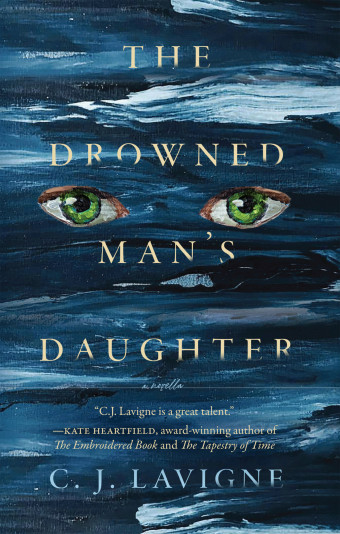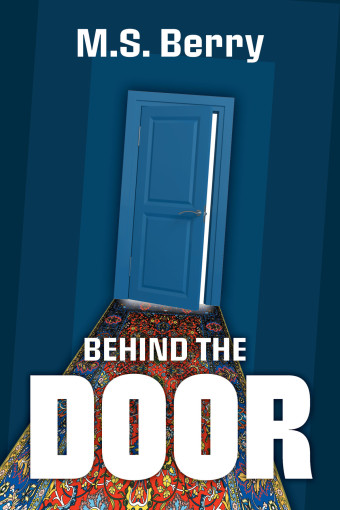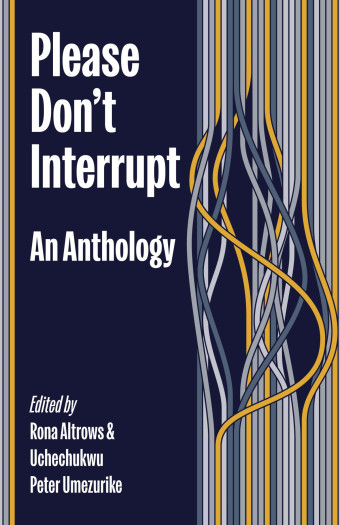Vancouver-based Keith Maillard has published more than a dozen novels in his long career. His latest, Twin Studies, concerns a brother and sister who claim to be identical twins. What follows is a story about identity, loss, and gender. And twins.

- Twin Studies
- Keith Maillard
- Freehand Books
- $24.95 Paperback, 576 pages
- ISBN: 978-19-88298-31-3
“The interest comes from some mysterious place inside my psyche,” he says. It started when he read a review of Nancy Segal’s book about twins, Entwined Lives, and the twins began talking to him.
“They said exactly what they say at the opening of the book: ‘We are identical twins and we very much want to be in your Twin Study,’ and then they went on talking and talking. I could have told them to go away, but I didn’t. Instead I began to write down what they were saying, and that was the beginning of the book.”
Dr. Erica Bauer agrees to meet the two, Devon and Jamie, as part of her research. It isn’t too long before the reader learns that Erica once had a twin sister who recently died.
“One of the many things that I was exploring in the book was the impact of traumatic experiences,” Maillard says, “the ones that leave us deeply depressed and distressed and nonfunctional. How Erica deals with it is, of course, her own way, and nobody should read my novel, or any novel, as a self-help guide. I do hope, though, to raise these issues and get people thinking about them. I should end with that standard and excellent advice: If you’re in some distress, please seek help.”
“One of the things I wanted to dispel is the notion that a lot of people have that there is a thing called ‘science’ that tells us humans come in only two varieties, male or female, XY or XX.”
Related to the ideas about twins and trauma, and perhaps more central to the novel, is the concern with gender fluidity. Maillard did his research, and acknowledges the help of many experts, including geneticists.
“One of the things I wanted to dispel,” he says, “is the notion that a lot of people have that there is a thing called ‘science’ that tells us that humans come in only two varieties, male or female, XY or XX. That’s simply not true. We actually come in a dizzying array of variants, and the more we know about genetics, the more we see how complex it is.”
And for children to thrive, people have to acknowledge that complexity.
_800_1067_90.jpg)
“Physicians and therapists who work with children and adolescents are telling us that a gender-affirming point of view from parents and, if possible, from the surrounding culture, makes for healthy and happy kids,” he says, “and I firmly believe that.”
Maillard creates an engaging parent figure in Karen Oxley, Jamie and Devon’s mother, who is often bewildered but makes the effort to keep her family grounded. Her perspective brings an added richness to this big and intricate novel.
“I was trying to write the kind of novel I grew up respecting – the large book of ideas,” he says. “Then I also wanted to create a sense of an ongoing, unfolding story that creates an entire solid world that readers can depend on to continue, a world where they can return and live.
“So that’s my invitation. Come on in. If you like it, stay for a while and see what happens.”













